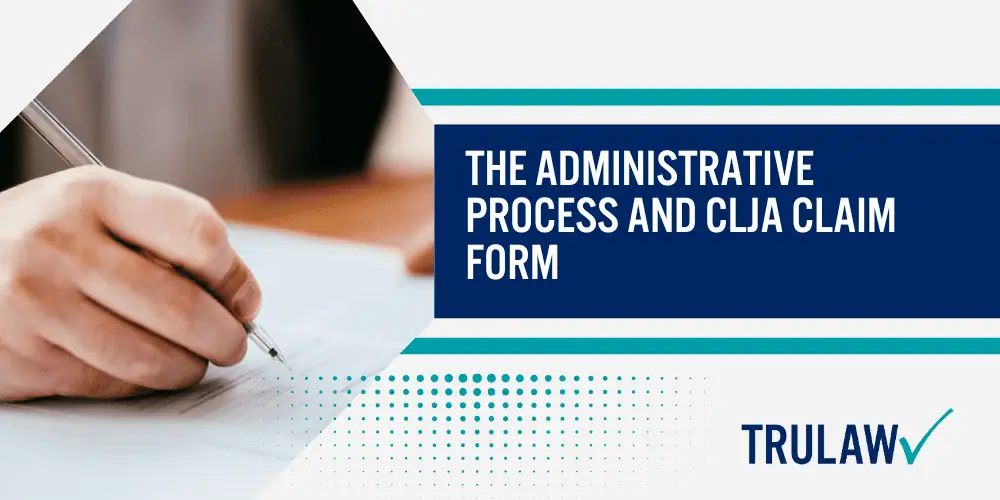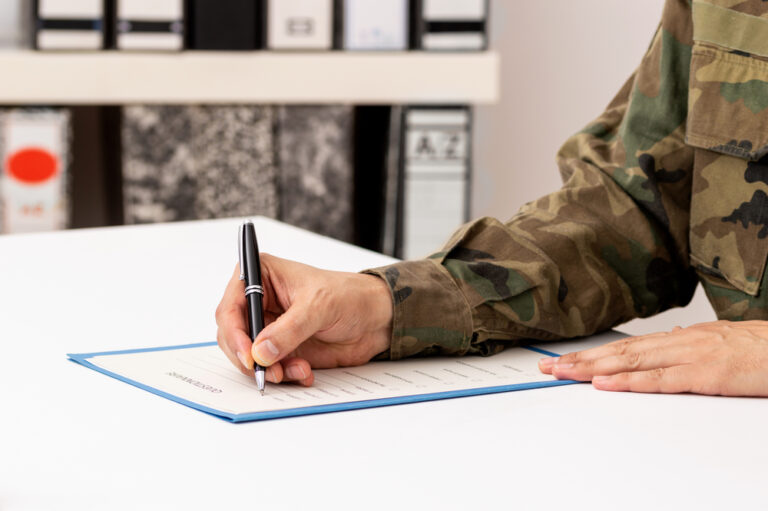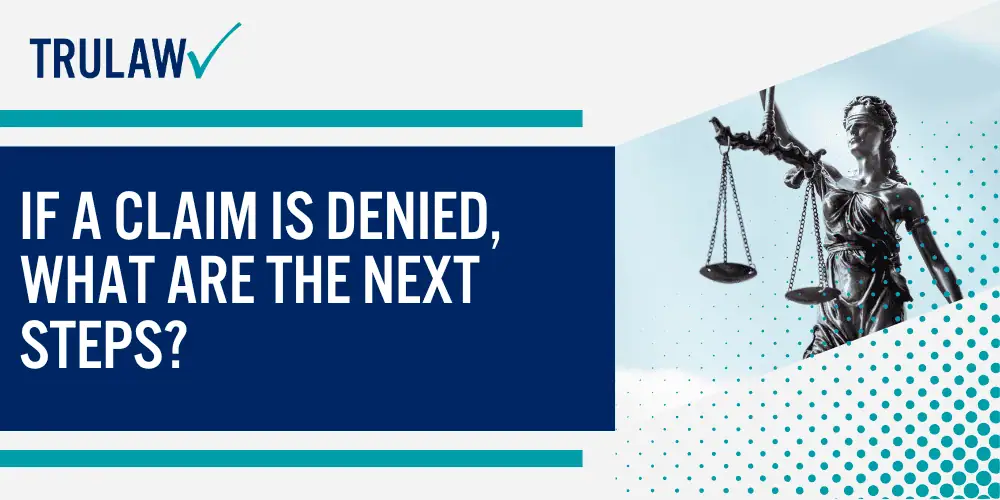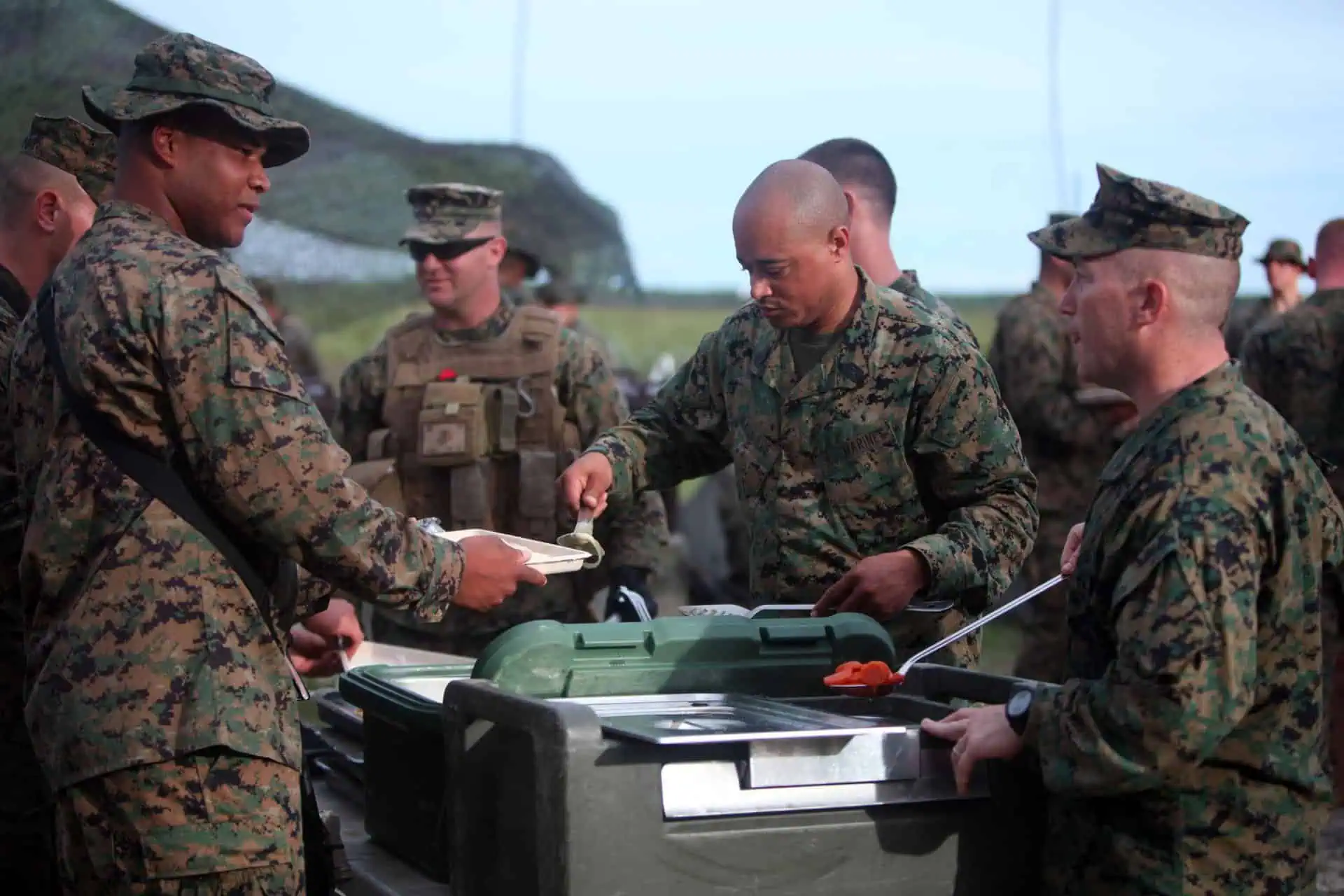The administrative process for Camp Lejeune Water Contamination claims begins with the filing of a Camp Lejeune Justice Act (CLJA) Claim Form.
A claim must be filed within two years from the date the PACT Act was signed: August 10, 2022.
The administrative process is handled by the Navy, particularly the Office of the Judge Advocate General (JAG) of the Navy’s Tort Claims Unit (TCU).
While the Navy provides an address to send the CLJA Claim Form, it is highly recommended that qualified individuals utilize the online option, and email the JAG a .csv file of the relevant information, as detailed below.

After filing the CLJA Claim Form, the qualified individual (if filing pro se) or the authorized agent of the qualified individual (likely a Camp Lejeune lawyer) will receive an email acknowledging receipt of the claim or an email noting why the claim was not valid.
Shortly after perfecting the claim, the TCU will provide a claim number for future reference.
It is currently unknown whether the TCU will attempt to adjudicate any claims at the administrative level.
The TCU has 6 months from the date of filing to adjudicate or deny the claim.
If the TCU denies the claim, a Camp Lejeune lawyer will likely file suit in the Eastern District of North Carolina.
The Camp Lejeune Justice Act (CLJA) Claim Form
While most civil lawsuits require the plaintiff to prove their claim by a preponderance of evidence, the Camp Lejeune Justice Act (CLJA) was written to give the victims of contamination the benefit of the doubt.
Instead, the Camp Lejeune statute adopts an “equipoise” standard.
Equipoise requires only that the plaintiff prove that contamination is as likely as any other reason for the plaintiffś diagnosis.
In keeping with the Equipoise requirement, the CLJA claim form asks for basic information about the dates the service member and-or civilian was stationed or working at Camp Lejeune.
In addition, the claim form must include the signature of an authorized agent who can vouch for the information provided on the form (unless the plaintiff is filing pro se).
This claim also requires that the plaintiff include a specific monetary demand amount.
There are many pitfalls that could hurt a plaintiff’s claim for compensation if they do not hire an experienced lawyer to assist with the filing of the claim form and the complaint as needed.
Furthermore, gathering information from social media, friends or family members rather than hiring a lawyer to assist you could ruin the protection of attorney-client privilege.
One of the biggest issues is how much to demand on the CLJA form.
It is important that claimants discuss this issue with an expert, as the Navy will treat this number as a “cap” on any future compensation, and will not provide any compensation over the requested amount.
For victims of Camp Lejeune Water Contamination, it is highly recommended that you seek legal representation to help with the filing of your claim form so that it is completed correctly and maximum compensation is sought for your injuries and damages.



